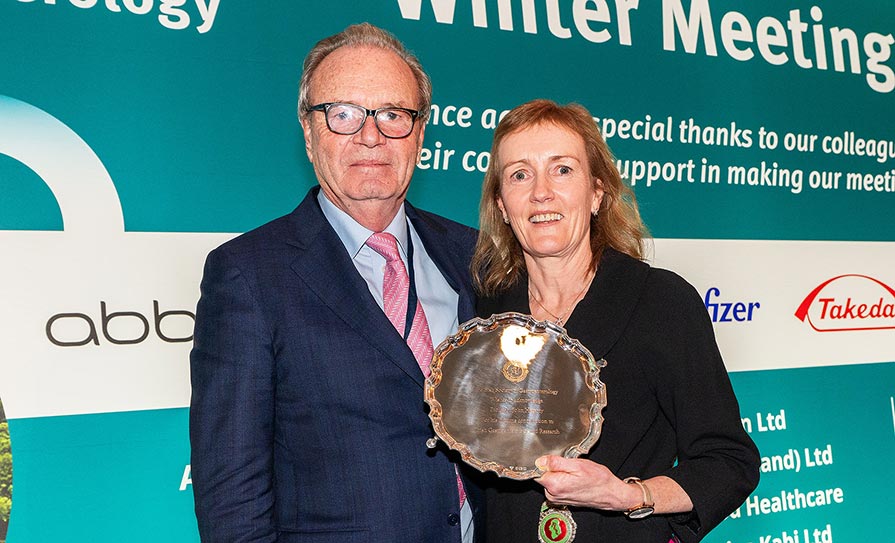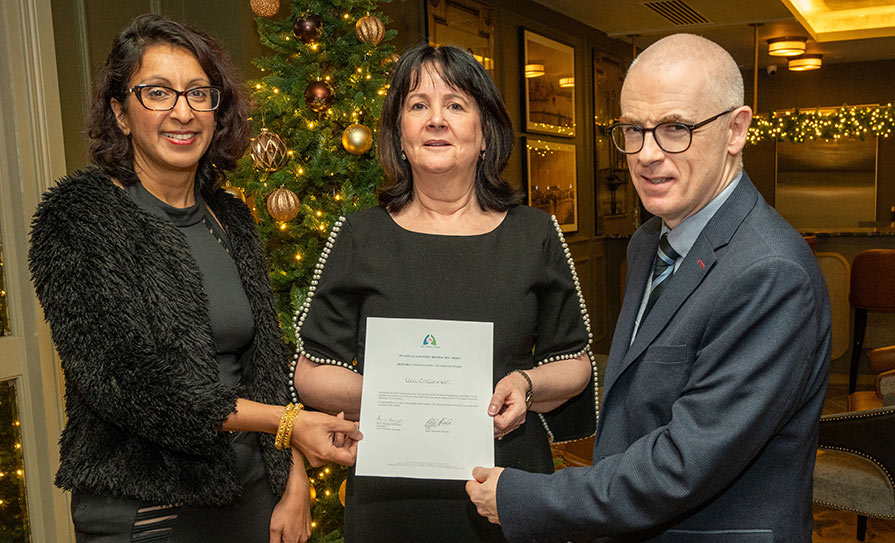Gathering Around Cancer, virtual meeting, 5-6 November 2020
The conference heard from Dr Jack Gleeson, Haematology Specialist in Memorial Sloan Kettering (MSK) Cancer Centre in New York, US, on his recent research into kidney cancer during a talk titled ‘Personalising cancer care for patients with advanced genitourinary malignancies’. Dr Gleeson told the attendees that kidney cancer is the seventh-most common cancer in Ireland, accounting for just over 600 cases per year and more than 200 deaths. “As we know, kidney cancer is broadly divided into clear cell and non-clear cell RCC [renal cell carcinoma],” he said, explaining that in the past number of years, there has been a rapid expansion in the number of approved regimens for clear cell kidney cancer.
However, all of these agents still only fall into three categories – mTOR inhibitors, VEGF-directed therapies, and immunotherapies, which highlights the need for novel therapeutic approaches, he said. “In that regard, I wrote the protocol for a phase 2 open-label study of nivolumab in combination with a lutetium-labelled monoclonal antibody girentuximab for patients with advanced clear-cell RCC,” said Dr Gleeson. “Girentuximab is a CA9 monoclonal antibody and can be covalently bound to payloads of different sizes or different molecules. There is currently a phase 3 imaging study of zirconium radio-labelled girentuximab opening in MSK and we are focused on the therapeutic compound involving lutetium-labelled girentuximab.”
He provided a brief overview of the MSK research in this area so far and said approximately 40 patients have been treated in phase 1 and 2 studies with lutetium-labelled girentuximab as a monotherapy and he said it showed promising efficacy in tumour stabilisation and progression-free survival in the range of 10 months. “There is a strong rationale for combining this with immunotherapy, as the radio-labelled girentuximab will allow for specific tumour targeting with this radiation, while limiting exposure to other tissues,” said Dr Gleeson. “This would have the potential to cause DNA damage, increase mutational burden, alter the tumour microenvironment, increase antigen presentation and the expression of proinflammatory cytokines and activated T-cell recruitment, and there are no overlapping toxicities between the two agents.” On the topic of non-clear cell kidney cancer, Dr Gleeson said the most common non-clear cell RCC subtypes account for approximately 25 per cent of all kidney cancers. “Prior to this year, all of these subtypes had been grouped together in what was called a ‘mixed bag’ approach, but we saw a significant shift towards histologically- and genomically-driven clinical trials. I focused on type 2 capillary RCC, which is driven by fumarate hydratase deficiency.”
Dr Gleeson also briefly discussed his involvement in research into testicular cancer and told the conference: “We know that high rates of germ cell tumours are seen in brothers and sons of male germ cell tumour patients and when a patient develops one germ cell tumour, they will have a five-fold increased risk of developing a contralateral germ cell tumour in their lifetime.” All of this, he said, would suggest that there is a genetic component to germ cell tumour pathogenesis that is yet to be discovered.













Leave a Reply
You must be logged in to post a comment.